Collins law gives nurse midwives more independence and flexibility in care
- Details
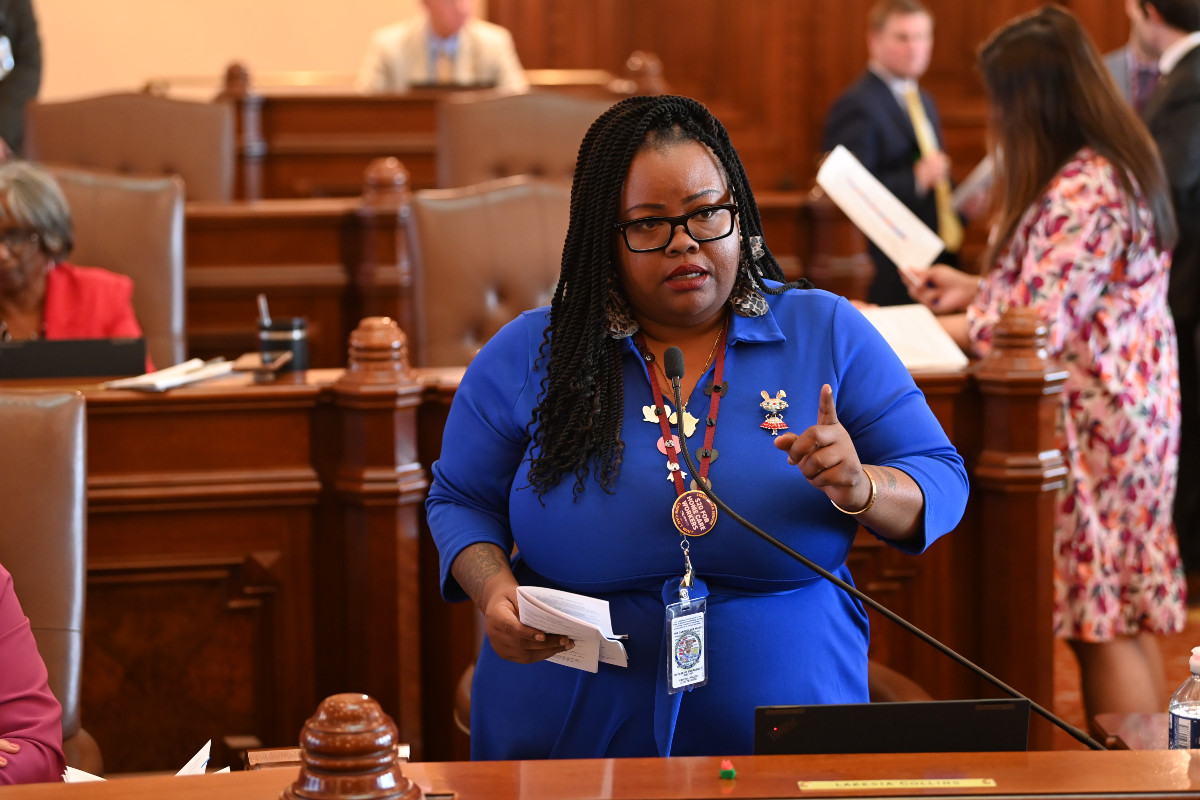
SPRINGFIELD – To address health care deserts and provide mothers the care they need, State Senator Lakesia Collins’ new law will give certified nurse midwives more independence and greater flexibility in care they provide.
“This law gives our nurse midwives more flexibility in collaborating and delivering services and care to our communities,” said Collins (D-Chicago). “We are modernizing rules to fit with providers needs and giving our residents greater access to health care.”
Before this law, certified nurse midwives had to collaborate formally with a physician to practice at full scope, but this would pose a challenge as more than one-third of Illinois counties lack sufficient maternity care. Under Collins’ legislation, House Bill 2688, CNMs are now allowed to provide out-of-hospital birth services at licensed birth centers without the need for a formal collaboration agreement, as long as they have permission from the birth center’s clinical director.
Read more: Collins law gives nurse midwives more independence and flexibility in care
Law led by Peters protects Illinois workers from federal rollbacks
- Details
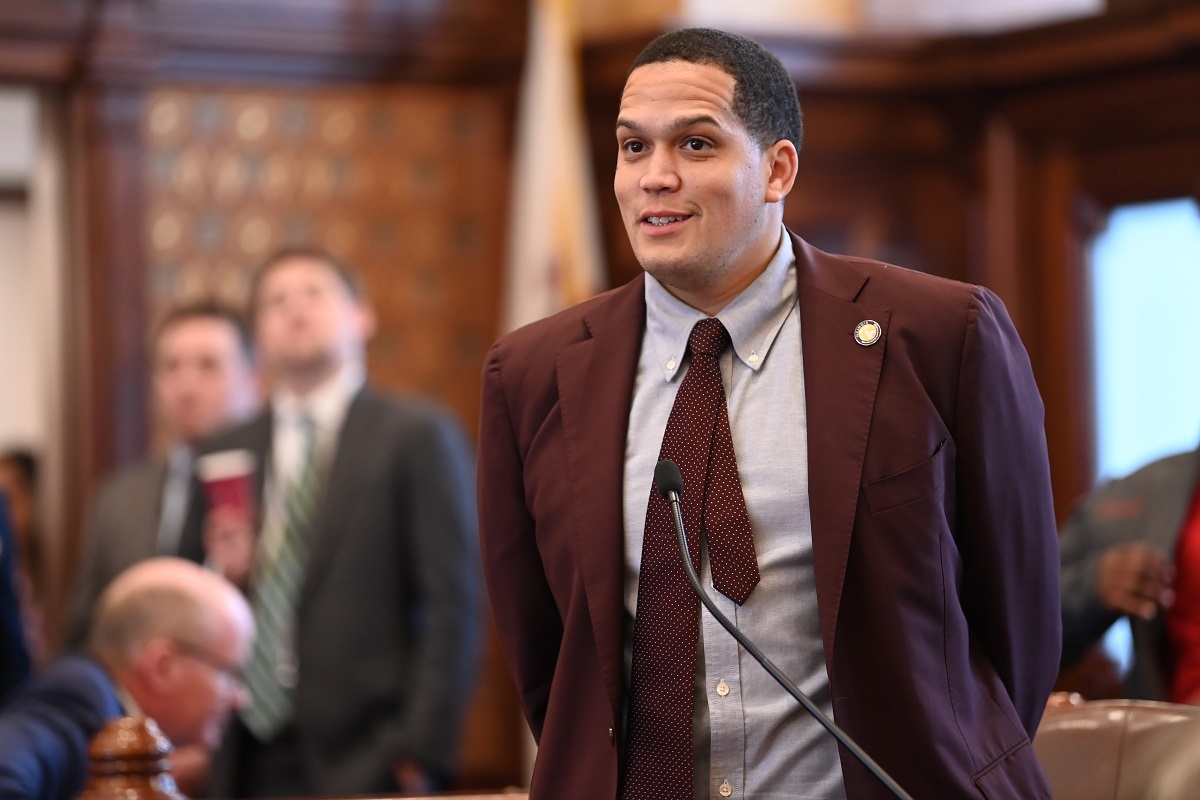 SPRINGFIELD — A new law sponsored by State Senator Robert Peters ensures the state maintains strong protections for wage standards, coal mine safety and occupational health, even if federal laws are weakened or repealed.
SPRINGFIELD — A new law sponsored by State Senator Robert Peters ensures the state maintains strong protections for wage standards, coal mine safety and occupational health, even if federal laws are weakened or repealed.
“Our workers are the backbone of our state, and when things become uncertain at the federal level, it’s our job to ensure their rights are protected,” said Peters (D-Chicago). “This law sends a clear message that in Illinois, we fight for working people, and we will not back down.”
The law prevents the Illinois Department of Labor and Department of Natural Resources from adopting any rules less protective than those in effect under federal law as of April 28, 2025. Peters’ law also requires IDOL to restore any repealed federal occupational safety rules not already covered under state law and allows legal actions against employers who violate them.
Read more: Law led by Peters protects Illinois workers from federal rollbacks
Hastings announces $1 million Rebuild Illinois Grant to support Road Home Program at Rush Hospital
- Details
 CHICAGO — State Senator Michael E. Hastings joined fellow Senators Patrick Joyce, Paul Faraci, Meg Loughran Cappel, Michael Porfirio and Michael Halpin for a visit to Rush University Medical Center’s acclaimed Road Home Program, announcing a $1 million investment through the Rebuild Illinois Program administered by the Illinois Department of Commerce and Economic Opportunity.
CHICAGO — State Senator Michael E. Hastings joined fellow Senators Patrick Joyce, Paul Faraci, Meg Loughran Cappel, Michael Porfirio and Michael Halpin for a visit to Rush University Medical Center’s acclaimed Road Home Program, announcing a $1 million investment through the Rebuild Illinois Program administered by the Illinois Department of Commerce and Economic Opportunity.
The grant will be used to expand services that provide critical mental health and transitional support to returning veterans and their families. The Road Home Program—nationally recognized for its innovative approach to treating post-traumatic stress disorder, traumatic brain injury, and other challenges veterans face—offers specialized, no-cost care to military members and their loved ones.
“This is more than a check—it’s a lifeline,” said Hastings (D-Frankfort), a West Point graduate, Bronze Star recipient, and Iraq War veteran. “The Road Home Program not only helped me through my own struggles as a returning combat veteran, it has been a safe harbor for countless others across Illinois. The staff, the doctors, and the welcoming, nurturing culture of this program are second to none. They deserve more than just a million-dollar investment—they deserve our ongoing commitment and gratitude.”
Belt looks out for blue collar workers on the job
- Details
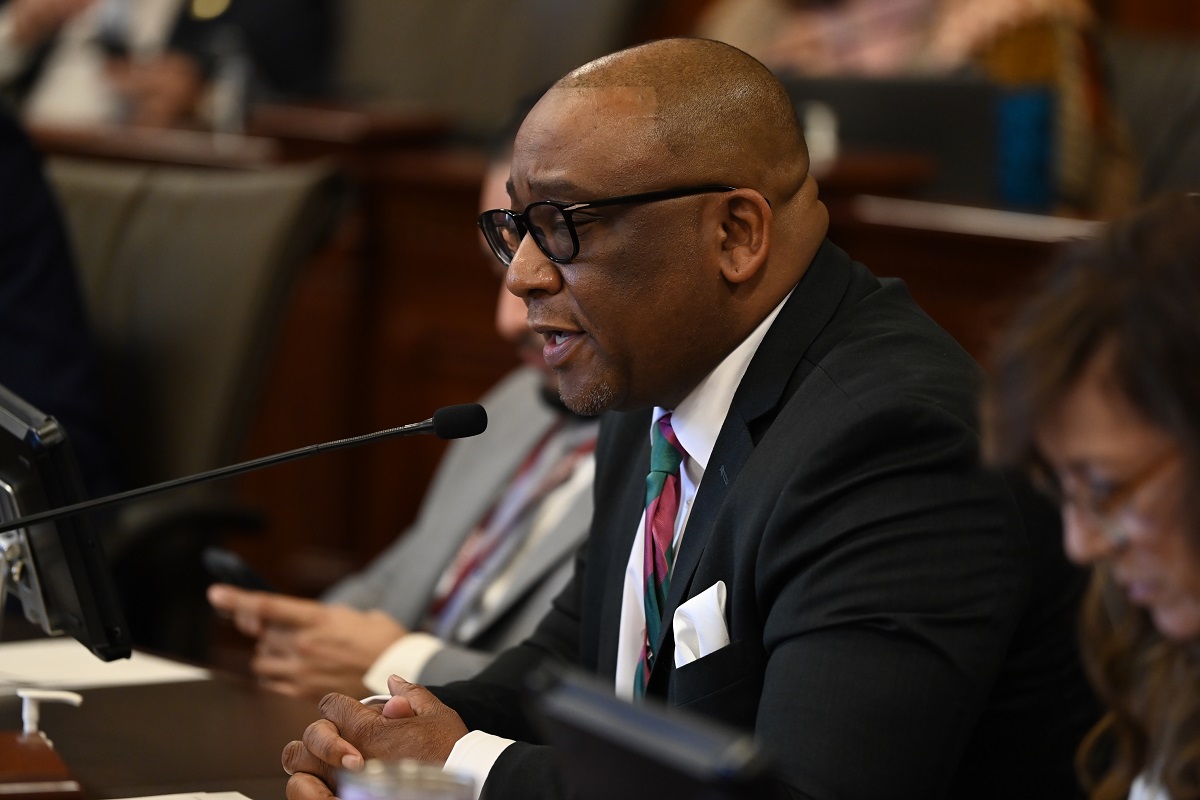
SPRINGFIELD — State Senator Christopher Belt’s measure to strengthen prevailing wage rules that will help workers receive higher pay was signed into law on Thursday.
“We don’t want to see the federal government shortchange our workers here in Illinois,” said Belt (D-Swansea). “Illinois workers who literally build our state shouldn’t be cheated by corporate sleight of hand.”
Currently, Illinois’ prevailing wage law does not apply to federal construction projects that require a prevailing wage determination by the United States Secretary of Labor. Belt’s new law clarifies that workers must receive the highest prevailing wage – whether federal or state – in local public works projects that include federal funding. The goal is to eliminate potential confusion when rates differ and specifically impacts projects under state or local control.
Read more: Belt looks out for blue collar workers on the job
More Articles …
Page 3 of 720

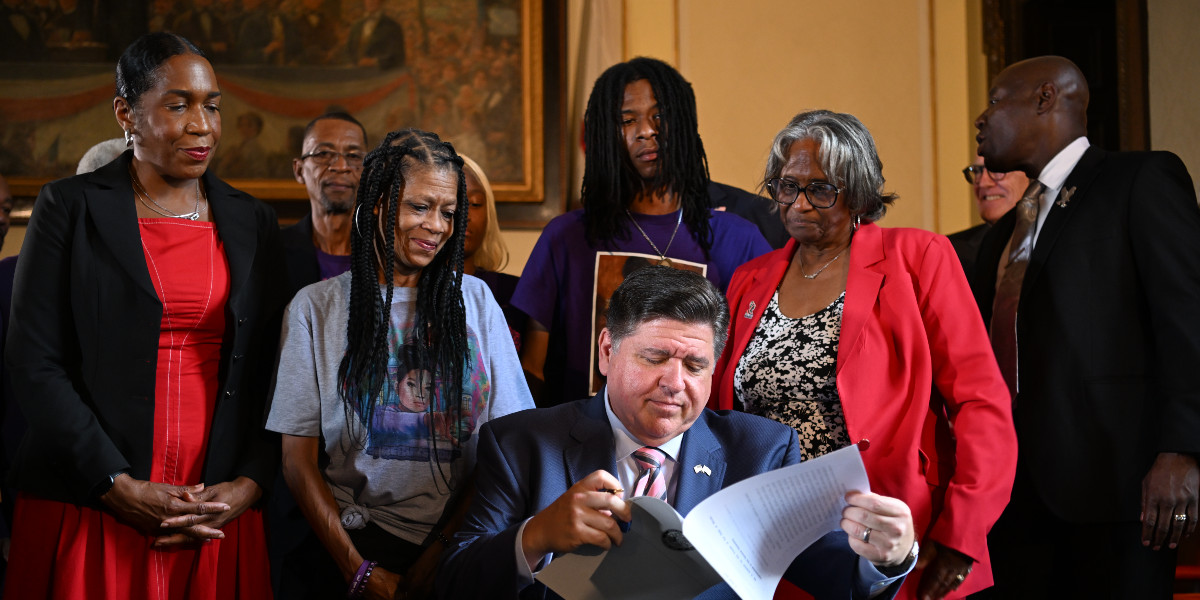
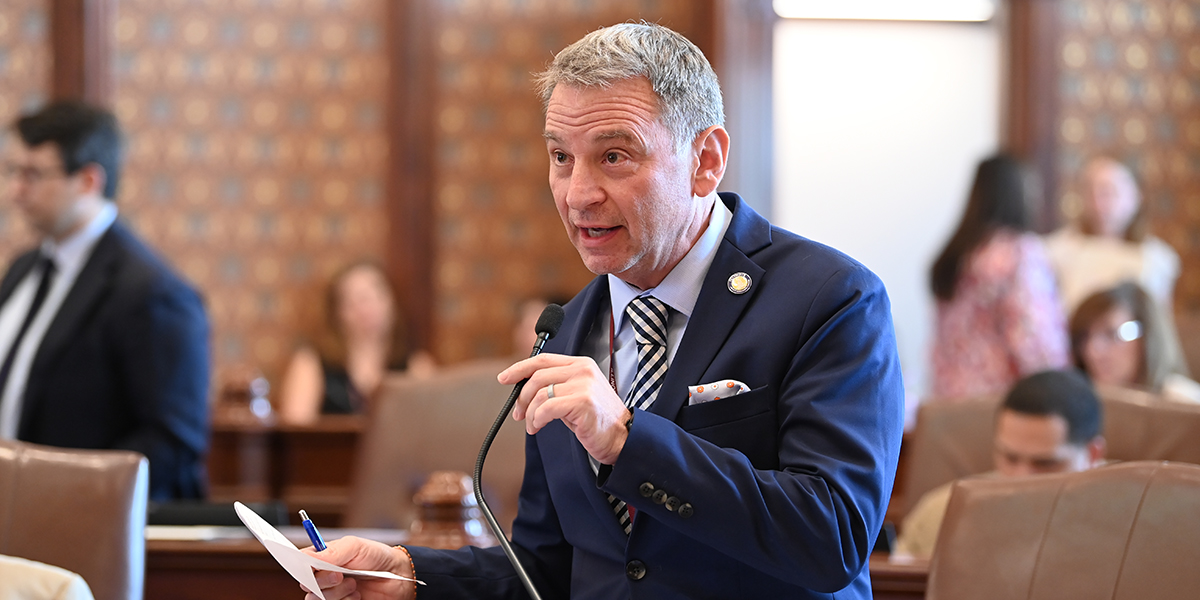
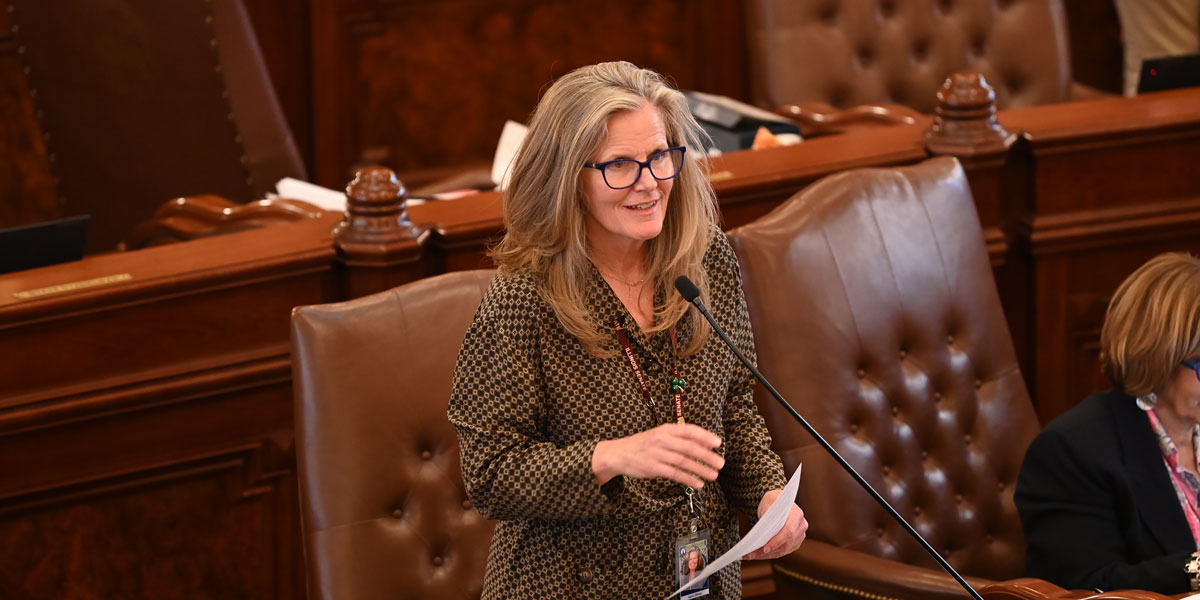
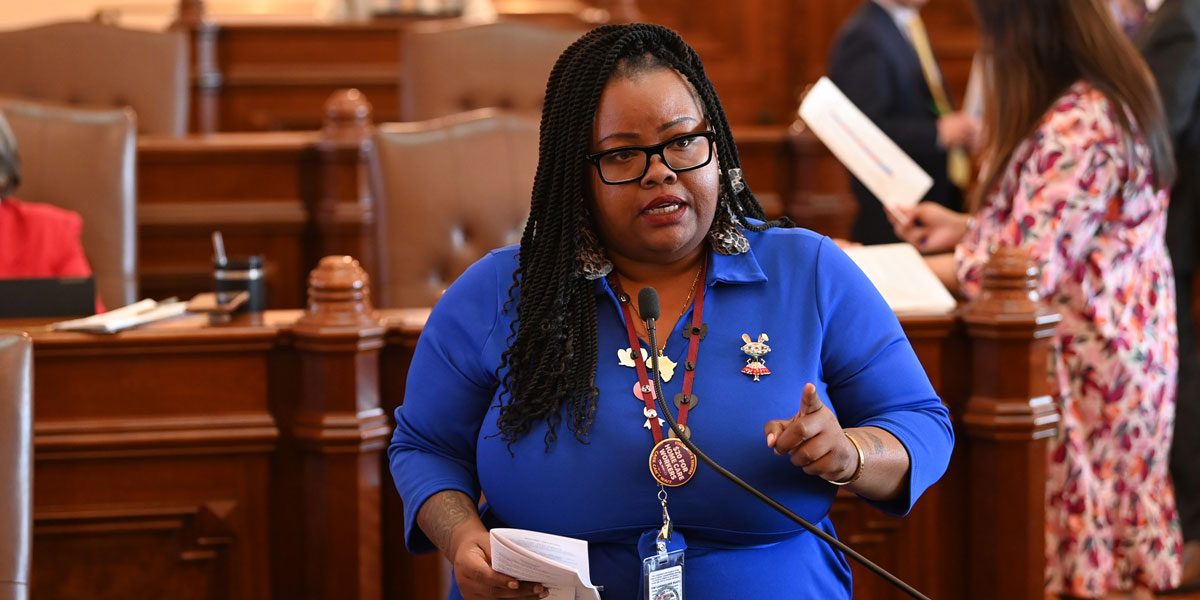

















 © 2025 Illinois Senate Democratic Caucus
© 2025 Illinois Senate Democratic Caucus